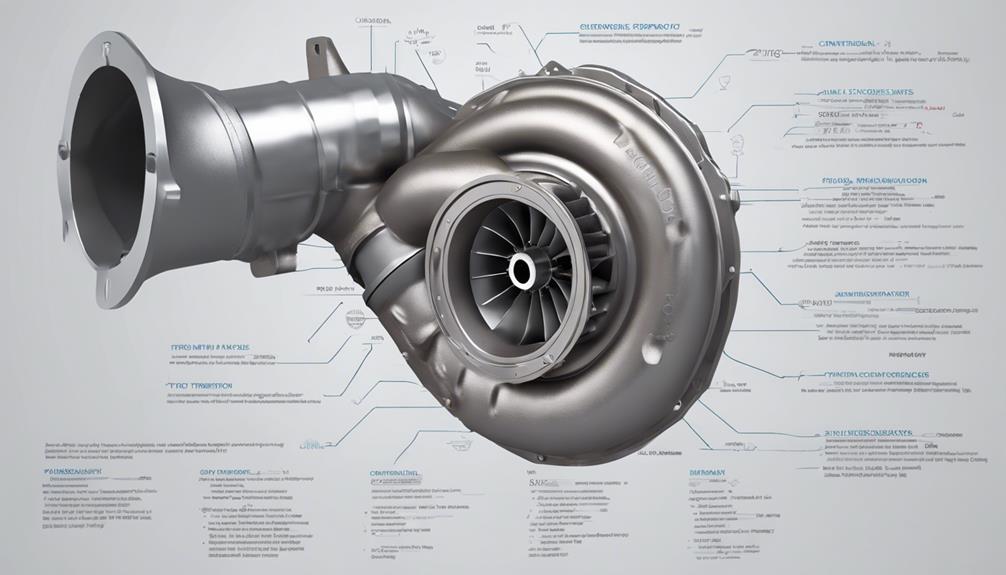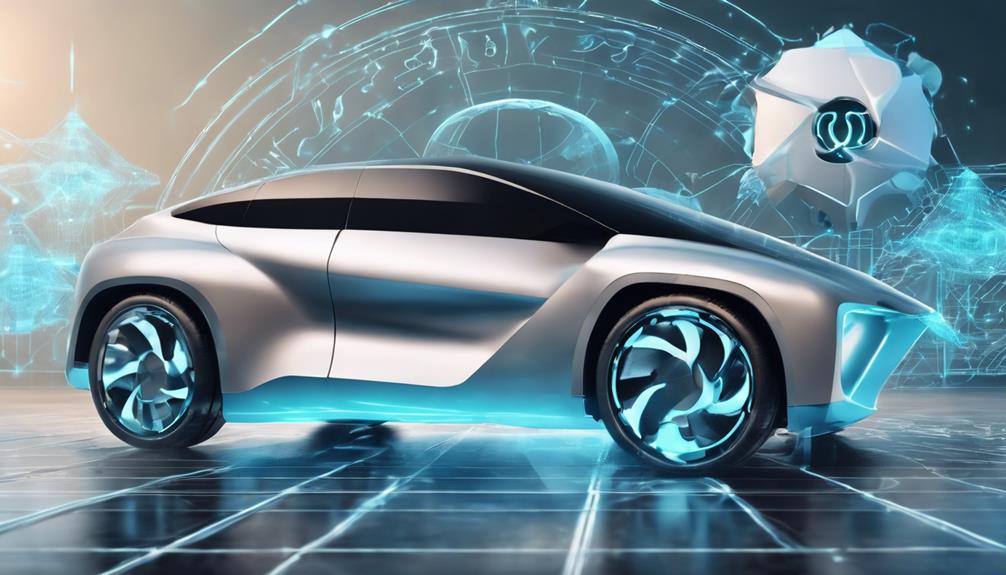You’ve likely heard the theory that modern engines are just incremental updates over their predecessors, but how true is that? Recent advancements, such as the integration of hybrid powertrains and the refinement of direct fuel injection, are challenging this notion, offering substantial improvements in efficiency and performance.
Technologies like turbocharging and cylinder deactivation are pushing the boundaries further, not to mention the exploration of alternative fuels. This landscape of innovation paints a future where engines are not only more powerful but also significantly greener.
But, what’s next in this evolution, and how will these advancements reshape our relationship with vehicles?
Contents
Hybrid Powertrains Evolve
Hybrid powertrains, marrying a petrol engine with an electric motor, have evolved to significantly enhance both performance and efficiency. Central to this advancement is the strategic deployment of electric motors, which assist the petrol engine during take-off and low-load operations.
This electric motor assist isn’t just about supplementing power; it’s about reducing the overall fuel consumption. In essence, hybrid technology has refined engine technology to a point where the balance of power doesn’t compromise fuel efficiency.
Direct Injection Innovations
Direct injection innovations have revolutionized engine efficiency. By metering and injecting fuel directly into each combustion chamber, these advancements optimize fuel economy and performance. This transformation is particularly evident in modern engines, especially turbo-diesel variants. The innovations enhance performance optimization through:
- Precise fuel delivery: Ensuring optimal combustion for improved fuel consumption and power output.
- Accurate fuel measurement: This allows tighter control over the engine’s air-fuel ratio, leading to reduced emissions.
- Enhanced fuel economy: Enabling more efficient fuel use, resulting in significant savings and a reduced environmental impact.
Advancements in Turbocharging

Turbocharging technology, leveraging exhaust gases, markedly boosts engine performance and efficiency. This method allows more air and fuel mixture to be compressed into the engine, significantly enhancing power output.
In modern vehicles, turbocharged engines are a key factor in improving fuel consumption and reducing emissions. Turbocharging can dramatically increase the power and torque of an engine without the need for larger sizes, making it a crucial advancement in automotive engineering.
Furthermore, this technology optimizes the overall efficiency of engines by maximizing the combustion process through increased air intake. By doing so, it ensures that every drop of fuel contributes more significantly to the vehicle’s performance, demonstrating a leap forward in how engines utilize fuel and manage emissions.
Electric Vehicle Breakthroughs
Shifting the focus to electric vehicles, it’s crucial to examine the groundbreaking strides in battery technology that are set to reduce costs significantly below $100 per kWh by 2023, promising a more sustainable future in transportation. This industry shift underscores a transition towards cleaner, more accessible transportation options for the masses.
- Battery Costs and Longevity: Advances in materials and manufacturing processes are driving down costs while enhancing the lifespan of batteries, addressing two major concerns simultaneously.
- Charging Capabilities: Innovations in charging technology aim to minimize downtime, effectively tackling range anxiety.
- Price Parity: Achieving cost equivalence with combustion engine vehicles removes a significant barrier to electric vehicle adoption, paving the way for a broader acceptance.
These advancements collectively signify a monumental leap toward sustainable transportation, underscoring the pivotal role of electric vehicles in fostering a cleaner future.
Hydrogen Fuel Cell Developments

Hydrogen fuel cells represent a significant breakthrough in the quest for cleaner, more efficient automotive technologies, offering a compelling alternative to conventional power sources. These systems generate electricity through a chemical reaction between hydrogen and oxygen, with water vapor as the only byproduct, marking a leap toward sustainable transportation.
Fuel cell electric vehicles (FCEVs) not only promise longer driving ranges and quicker refueling compared to their battery-powered counterparts but are also underpinned by a growing global network of hydrogen fueling stations. With ongoing research aimed at boosting the efficiency and durability of hydrogen fuel cells, the foundation is being laid for a green future.
Governments and manufacturers alike are investing in hydrogen infrastructure and technology, accelerating the shift towards hydrogen-powered vehicles and cementing hydrogen’s role in the automotive landscape.
Cylinder Deactivation Efficiency

In the realm of engine efficiency, cylinder deactivation technology stands out by enabling V6 and V8 engines to switch off unneeded cylinders during low power demands, significantly enhancing fuel economy. You’re looking at a smart innovation that not only optimizes engine performance without sacrificing power but also significantly reduces fuel consumption and emissions.
- Cylinder deactivation ensures the economy of a four-cylinder engine on highways.
- Automatic deactivation optimizes engine performance seamlessly.
- Reduced emissions are a direct result of this technology, contributing to a cleaner environment.
This approach to efficiency marries the need for power with the demand for sustainability, making it a critical component in the future of automotive innovation and optimization.
Conclusion
In conclusion, you’ve witnessed remarkable strides in engine technology, pushing boundaries for efficiency and performance. Hybrid powertrains are more refined, blending petrol engines and electric motors seamlessly.
Direct injection and turbocharging have achieved new heights in precision and power. Meanwhile, electric and hydrogen fuel cell innovations are paving the way for a greener future.
Moreover, cylinder deactivation techniques have optimized fuel use without compromising performance. These advancements collectively signify a significant leap toward sustainable and efficient engine design.